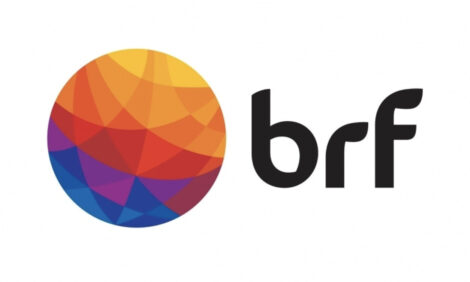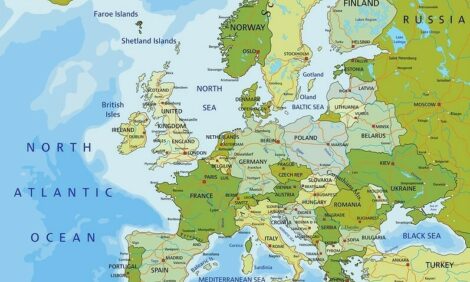



This Week's Poultry News Round-Up
ANALYSIS - There have been mixed reactions to new Animal Welfare Plan in the EU, writes Jackie Linden, senior editor of ThePoultrySite. The principles were generally welcomed but while welfare campaigners said it did not go far enough, farmers are concerned about the details and the additional costs that they are likely to incur. Other key news items this week are that the leading chicken organisations in Chile have strongly denied colluding over prices and market control and there have been new reports of H5N1 bird flu in poultry in India, Bangladesh and Bhutan.The European Commission has adopted a new four-year strategy that aims to improve further animal welfare in the European Union, a move that has elicited mixed reactions.
EU Health and Consumer Policy Commissioner, John Dalli, said: "The recent coming into force of the legislation on laying hen welfare has shown that problems persist in animal welfare in several Member States. Some efforts are being made, but many issues need to be tackled in a different way in order to achieve more sustainable results. The new strategy will permit appropriate flexibility allowing operators to attain the necessary welfare standards by different routes.
"Optimising policy coherence and market transparency in a comprehensive animal welfare legislative framework will minimise real or perceived tensions between welfare and economics. Animal welfare measures need to be cost-effective. The proposed dedication of resources to education and training is expected to be highly cost-effective, economically and in welfare terms."
To address issues and concerns around animal welfare, the Strategy provides for a two-pronged approach: a proposal for a comprehensive animal welfare law and a reinforcement of current actions. The legislation to be proposed is expected to promote an innovative approach focusing on actual welfare outcomes instead of mechanistic inputs, and to increase the focus on the education and professional standards of all parties concerned.
The second element proposes a reinforcement and the optimisation of current Commission actions: enhancing tools to strengthen Member State compliance with the legal requirements; boosting the already existing international co-operation on animal welfare issues; providing consumers with better information, and performing studies where animal welfare appears to encounter the most problems.
Generally speaking, welfare campaigning groups have welcomed the strategy but say that it has not gone far enough. Industry bodies are concerned about the costs that will be incurred and who will pay for them. While welcoming the promise of a reduction in red tape, they have expressed worries about the details still to be agreed, particularly over the selection of science-based welfare indicators.
As for consumers, the latest research from IGD shows that almost half UK shoppers say they are willing to pay extra for free-range and other products produced to high animal welfare standards.
Chicken companies in Chile have denied charges of collusion and defended their right to exchange information before the Chilean Competition Committee.
The three main broiler companies and the industry association, charged with collusion in controlling chicken prices, argued their case before the Chilean Competition Committee (TLDC), as required by the Public Prosecutors Office (FNE).
The three companies denied that they acted together to control the market and pointed out that the charges made by the FNE are based on incorrect assumptions, reports La Tercera in Chile.
Agrosuper (Super Pollo) said that its participation in each of its markets is based on an internal analysis of the market variables and the company’s strategic objectives.
The company emphasised that it had not participated in any agreements dealing with broiler hatching numbers or production of chicken parts.
Ariztía stated that Agrosuper dominates de poultry market, which means that Ariztía is a 'price-follower'. The third company, Don Pollo, considers itself as a small producer, "with a marginal market share of barely 6.5 per cent, so it has no market power" and that, like Ariztía, it is a price follower".
The Chilean Poultry Producers Association (APA) insists that it carries out the proper activities of an industry association, "completely legitimately and in accordance to the law".
In the last week, new outbreaks of H5N1 highly pathogenic avian flu have been reported in the states of Orissa and Meghalaya in India, and in two regions each in Bangladesh and Bhutan.









